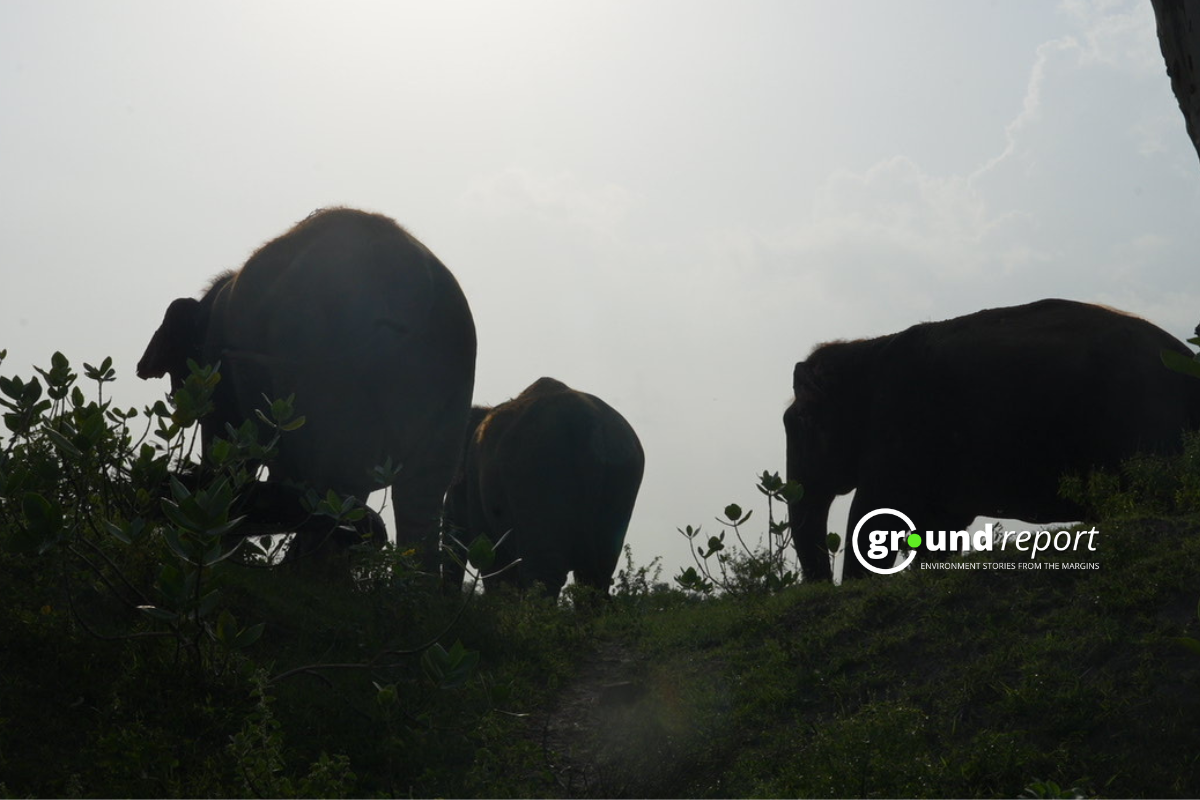A recent study in the New Phytologist journal shows how certain plant species in Europe have changed over the past 40 years. Some species have decreased significantly, while others have grown a lot.
The research team, led by Josep Padullés from the Center for Forest Research and Applications (CREAF) in Catalonia and the Autonomous University of Barcelona (UAB), found that overall plant diversity in European forests has stayed the same. However, there have been more extinctions in specific groups like heathers (Ericaceae), legumes (Fabaceae), and orchids (Orchidaceae).
This is different from the increase in species in other families, such as Amaranths (Amarantaceae), Sedges (Cyperaceae), and Roses (Rosaceae). The study showed that the declining species are closely related on the evolutionary tree, while the new species come from a wider range of origins. The study also found that human activities have played a big role in these slow, hard-to-see changes.
Orchids decline
“High-conservation interest plants like orchids are declining due to the environmental changes human activity causes. These changes threaten entire families of plants, which have developed specific survival and thriving strategies in their environment”, confirms Josep Padullés, first author of the CREAF study and researcher.
Josep Padullés said “In this study, we can see this relationship and provide more valuable information than what the study of individual species would give us. Each family of species has its function in the ecosystem so that any alteration can have significant repercussions on the environment”.
On the other hand, certain types of rosewood or amaranth, taller plants that need more nitrogen, are becoming more common in temperate forests. In this sense, the study warns that these taller plants could change the way the entire forest grows and functions as they become more common.
The research team carried out the study by precisely analyzing 2,672 different plots over four decades, closely observing variations in the plant diversity of the terrain.
Alteration by human action
The study shows that human activities, from forest management and grazing to the deliberate introduction of species, significantly influence European understorey variation. These activities have made people alter these ecosystems, either favouring or harming species.
“Although these alterations may seem discrete, they influence the vegetation, accelerating extinctions or favoring new colonizations,” says Padullés. “For example, practicing forest management can change the degree of tree cover, which can create a lighter or darker environment, thereby favoring different species.
Similarly, livestock farming also impacts forests as animals have preferences for certain species and can compact the soil.” He adds, “Forest management practices, for example, have favored grasses and sedges.”
Surprisingly, we did not find hotter summers or excess nitrogen as the main drivers of these changes. In fact, areas that shifted toward milder winters and greater rainfall actually increased their plant diversity, underlining the complex interplay between different environmental factors.
Keep Reading
Part 1: Cloudburst in Ganderbal’s Padabal village & unfulfilled promises
India braces for intense 2024 monsoon amid recent deadly weather trends
Support us to keep independent environmental journalism alive in India.
Follow Ground Report on X, Instagram and Facebook for environmental and underreported stories from the margins. Give us feedback on our email id greport2018@gmail.com.
Don’t forget to Subscribe to our weekly newsletter, Join our community on WhatsApp, and Follow our YouTube Channel for video stories.









